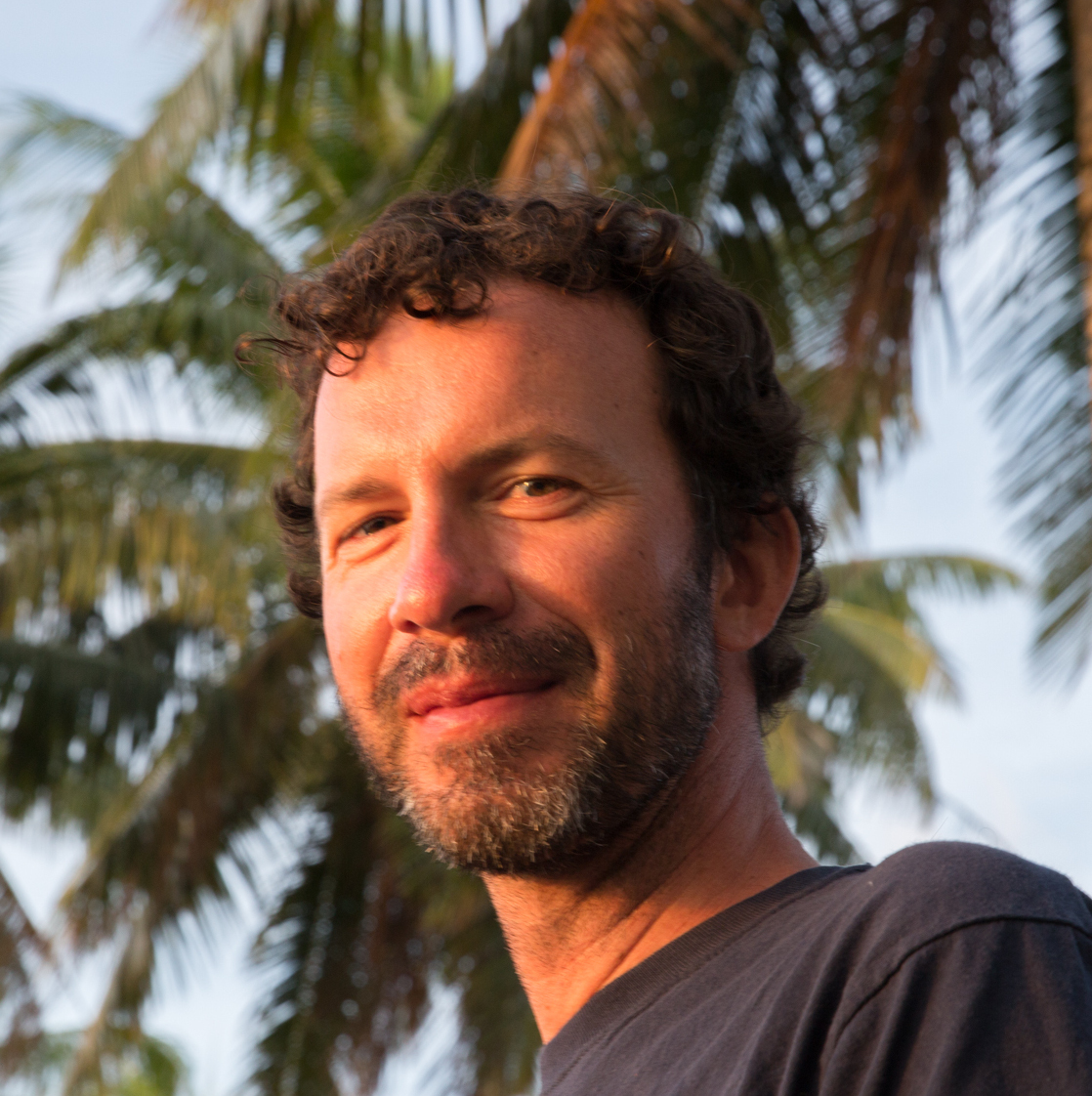
Lead Scientist
Marine
alex.wegmann@tnc.org
As a Lead Scientist for The Nature Conservancy, Alex works in thematic areas of land-sea connectivity, invasive species, seabird restoration, natural climate solutions, coral reef resilience, pelagic conservation, sustainable fisheries, and the application of biotechnology-based solutions to conservation challenges. His responsibilities include advancing cutting-edge science to inform investment and actions at Palmyra Atoll, throughout the Pacific region, and at global scales. Alex organizes and participates on multilateral teams to drive scientific research agendas focused on The Nature Conservancy’s priority conservation challenges.
Between 2005 and 2016 Alex built and led the U.S. Pacific Island and Micronesia Program for Island Conservation, a non-profit focused on preventing extinctions by removing invasive species from islands. Prior to Island Conservation, he spent five years designing and implementing protection actions for endangered plants and birds within Papahānaumokuākea Marine National Monument. Alex is on the Board of Directors for Pacific Rim Conservation, a U.S. 501(c)3 conservation-focused organization protecting bird species throughout the Pacific region, the founder of 4Site: Pacific Transect Collaborative, the founder of The Nature Conservancy’s Climate Adaptation and Resilience Laboratory, and an author on more than 20 peer-reviewed publications. He earned his Ph.D. from the University of Hawaii, Manoa in 2009.
What Alex is working on now:
I am leading an integrated research program at Palmyra Atoll investigating the importance of connectivity between island (terrestrial), coral reef, and pelagic ecosystems and resilience to climate-related impacts. This program, organized through The Nature Conservancy’s Climate Adaptation and Resilience Laboratory, leverages Palmyra’s Atoll’s unique combination of ecosystem health and enforced protection to understand baseline targets for conservation efforts around the world.
Kate Longley-Wood, Mary Engels , Kevin D. Lafferty, John P. McLaughlin, Alex Wegmann
Native forests on tropical islands have been displaced by non-native species, leading to calls for their transformation. Simultaneously, there is increasing recognition that tropical forests can help…Wolf CA, Young HS, Zilliacus KM, Wegmann AS, McKown M, Holmes ND, Tershy BR, Dirzo R, Kropidlowski S, Croll DA
Prior to eradication in 2011, non-native invasive rats were known to be active seed predators on Palmyra Atoll, Central Pacific Ocean. This paper reports on native and non-native tree and palm…